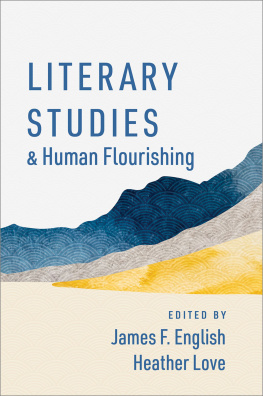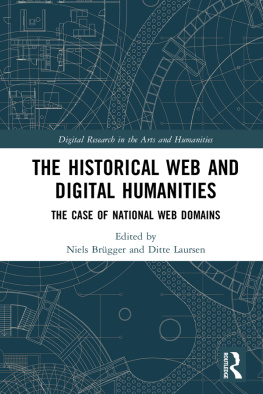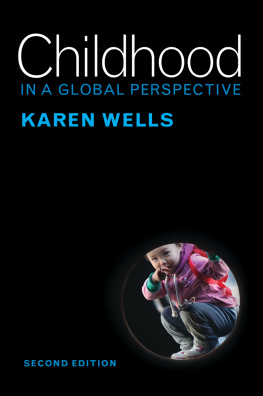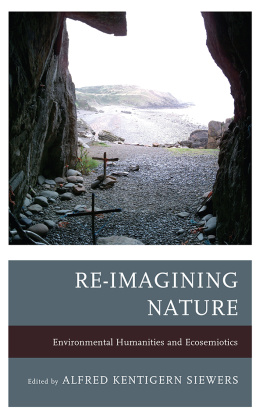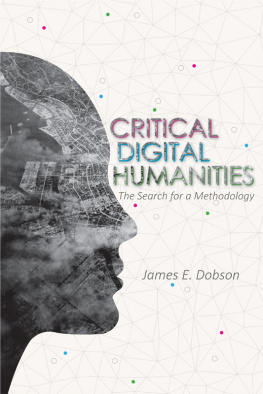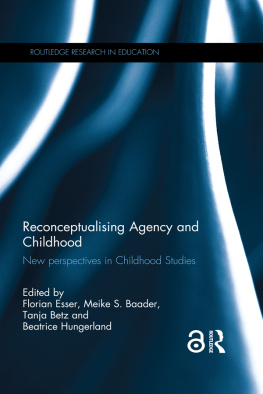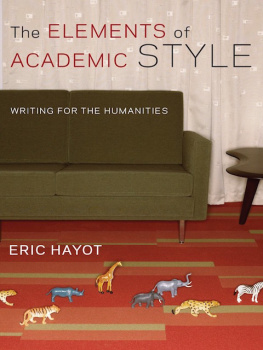The Childrens Table
Childhood Studies and the Humanities
EDITED BY ANNA MAE DUANE
2013 the University of Georgia Press
Athens, Georgia 30602
www.ugapress.org
All rights reserved
Set in Adobe Caslon Pro and Minion Pro by Graphic Composition, Inc.
Manufactured by Thomson-Shore
The paper in this book meets the guidelines for permanence and durability of the Committee on Production Guidelines for Book Longevity of the Council on Library Resources.
Printed in the United States of America
17 16 15 14 13 p 5 4 3 2 1
Library of Congress Cataloging-in-Publication Data
The childrens table : childhood studies and the humanities /
edited by Anna Mae Duane.
p. cm.
Includes bibliographical references and index.
ISBN 978-0-8203-4521-5 (hardcover) ISBN 0-8203-4521-0 (hardcover)
ISBN 978-0-8203-4522-2 (paperback)
ISBN 0-8203-4522-9 (paperback)
1. ChildrenResearch. 2. ChildrenStudy and teaching.
I. Duane, Anna Mae, 1968
HQ767.85.C488 2013
305.23072dc23 2012047747
British Library Cataloging-in-Publication Data available
ISBN for digital edition: 978-0-8203-4559-8
Contents
Annette Ruth Appell
Lucia Hodgson
James Marten
John Wall
Sophie Bell
Lesley Ginsberg
Roy Kozlovsky
Sarah Chinn
Susan Honeyman
Carol Singley
Robin Bernstein
Karen Snchez-Eppler
Lynne Vallone
Acknowledgments
At times, editing this book did indeed feel like sitting at the childrens tablea bit chaotic perhaps, but a lot of fun, nonetheless. My goal was to create a collection that readers would experience as a lively conversation, and I was very fortunate to have such smart and dedicated interlocutors along the journey. It has been an enormous pleasure collaborating with such a talented group of scholars, and Im enormously grateful to every one of them for their part in this project. Im particularly indebted to Lucia Hodgson, without whom this volume would have never gotten off the ground; to James Marten, a remarkable editor himself, who provided such helpful advice, and to Sarah Chinn and Sophie Bell, whose canny comments on an early version of the introduction improved it greatly. Karen Snchez-Eppler inspired this volume through her own pioneering scholarship, and it was her willingness to contribute to the book that was the impetus for me to take the leap and begin the project in earnest.
In addition to benefiting from fruitful collaborations with the writers within this volume, I profited from the remarkable generosity of many writers and editors outside of it. Witnessing Lenny Cassutos remarkable skill at editing The Cambridge History of the American Novel was as instructional as it was inspirational. At the University of Connecticut, Kate Capshaw Smith provided very useful feedback on several aspects of this project. Im also grateful to colleagues Alexis Boylan, Martha Cutter, Nina Dayton, Wayne Franklin, Liz Hart, Sherry Harris, Kathy Knapp, Cathy Schlund-Vials, and Chris Vials, whose collegiality and intelligence are always a spur to new and better thinking. Interns Laura Blackburn and Amanda Norelli were both paragons of organization and efficiency. Im grateful for nourishing conversations with scholars and friends, including Rachel Adams, Robin Bernstein, Mary Burke, Christina Carlson, Brigitte Fielder, Bill Gerke, Jennifer Gilchrist, Ken Monteith, Leah Richards, Marion Rust, Jonathan Senchyne, and Joanne Van Der Woude about a host of subjects, childhood among them. At the University of Georgia Press, Im grateful to Erika Stevens for first believing in this project, and to Nancy Grayson and Beth Snead for helping me to improve it so greatly. John Joerschke did a wonderful job stewarding the manuscript through production. M. J. Devaneys keen eye was essential to the copyediting process. I owe many thanks to the anonymous readers of the manuscript for their careful and insightful readings.
As always, my greatest debt is to my family. My sisters Susie and Helen were the ones who first taught me how to really whoop it up at the childrens table in the first place. Im grateful to my parents for teaching us how to treasure lively, challenging conversations. And most of all, I am continually delighted by my great good fortune at getting to sit down at my own table each night with my partner Matthew and my son Connor.
The Childrens Table
INTRODUCTION
The Childrens Table
Childhood Studies and the Humanities
As anyone who has attended a Thanksgiving dinner can attest, the childrens table is not usually an A-list destination. Denied the good china, seated at a wobbly folding table, placed out of earshot of the juicy adult gossip, the guests at the childrens table know that they occupy a marginal space. In many ways, the childrens table is an apt metaphor for the role childhood studies has played in the humanities and, more discomfortingly perhaps, for the role the humanities sometimes seem to play within the academy. Yet, as in many marginalized spaces, there can be an intense sense of freedom and creativity precisely because ones voice is out of earshot. This book provides an overview of the innovative work being done in childhood studiesa transcript, if you will, of what theyve been saying at the childrens table. But this volume is also an argument for rethinking the seating arrangement itself. The study of children, often seen as peripheral to the important work of understanding social, political, national, and ethnic structures, allows us to rethink the very foundations underlying these structures. The chapters in The Childrens Table share a unifying premise: to include the child in any field of study is to realign the very structure of that field, changing the terms of inquiry and forcing a different set of questions.In short, we argue that engaging children as individuals worthy of study inevitably complicates how we process knowledge about the human subject.
For at least a generation, the humanities have been in a state of continual self-evaluation (some might say self-recrimination) about how to define the field and the value of what lies within those parameters. Charles Frankel, the first director of the National Humanities Center, characterizes the humanities as that form of knowledge in which the knower is revealed. For Frankel, all knowledge becomes humanistic when we are asked to contemplate not only a proposition but the proposer, when we hear the human voice behind what is being said. In sum, science purports to focus on objects, and thus to be objective, while the humanities are a messier enterprise. Echoing Frankels assertion, this argument suggests that the voice of the knower, replete with that knowers political and aesthetic beliefs, can be heard in the humanities but is largely undetectable in scientific inquiry.
Within a model that defines the humanities and the sciences as antithetical, childhood studies can function as an important corrective. Willem Koops, a developmental psychologist, contends that children pose questions that science cannot answer. For Koops, the empirical approach favored by science cannot, by itself, provide the capacious approach necessary for fully understanding the experience of children. Further, empirical knowledge does not attempt to trace how the experiences of children shape our larger culture. Normative issues, writes Koops, cannot be solved empirically. The pull of the normative still needs to be questioned, and humanists are well positioned to do the asking.


